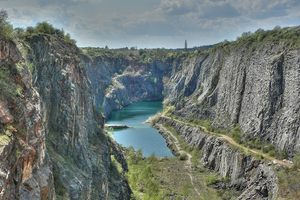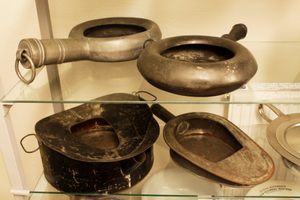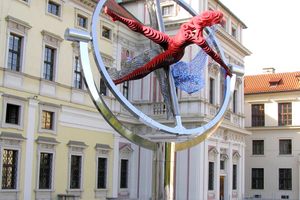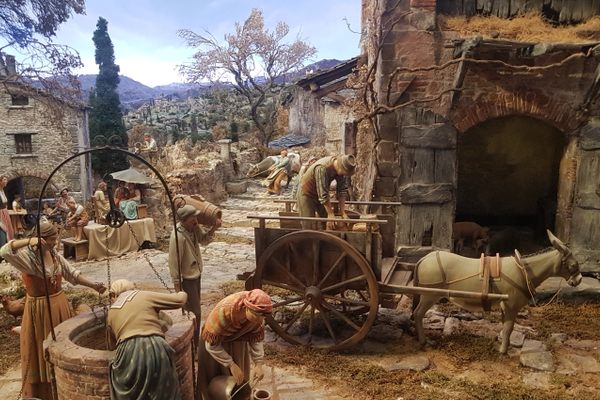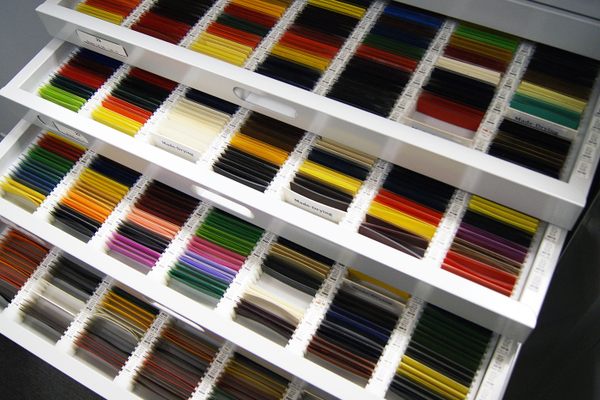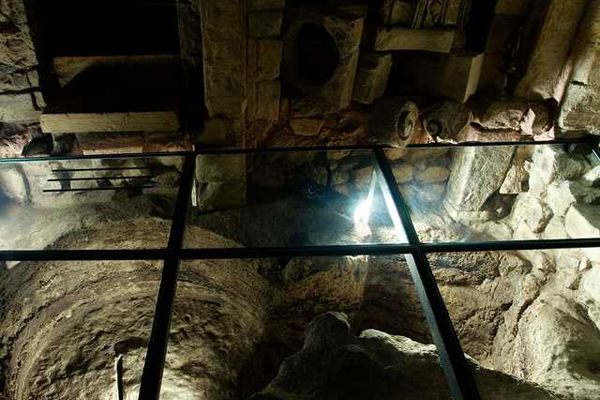About
Nestled on the main castle road, this museum is devoted to classical depictions of Jesus' birth, including Czechia's largest mechanical nativity scene. The museum houses dozens of nativity scenes, a craftwork that goes back far into Czech history.
Crèches, or nativity scenes, were a part of newly Catholic Czech Christmas celebrations in the 17th century, but when Emperor Joseph II outlawed them they only grew more ingrained in the festivities. While before the nativity displays had mostly been part of religious celebrations, after the edict they moved into the home. Every family would have one (even the poorest could make them from paper) and they remained an essential part of decorating for a Czech Christmas.
Most of the scenes in the museum are carved from wood, though some are made from more unusual materials like wax, sugar, or gingerbread. The museum's biggest draw (aside from all the tiny baby Jesuses of course) is that some of the dioramas are mechanized. Children are encouraged to flip the switch and watch the miniature automata whir into action.
Another charming piece is the largest mechanical nativity scene in the country, the Karlštejn Royal Nativity Scene, stored in its own special room in the museum's attic. It is roughly 260 square feet, and incorporates Czech folklore into the biblical tale. The scene uses the famous Karlštejn Castle as its setting, along with notable characters from Czech history. Along with Mary, Joseph, and baby Jesus in the manger, Santa Claus carries a wheelbarrow full of grapes from a vineyard. Ten Czech kings bring gifts of to the manger, while jousters compete in front of the castle, all to the tune of Czech composer Bedřich Smetana's Má vlast, "My homeland."
Related Tags
Community Contributors
Added By
Published
December 5, 2016





















